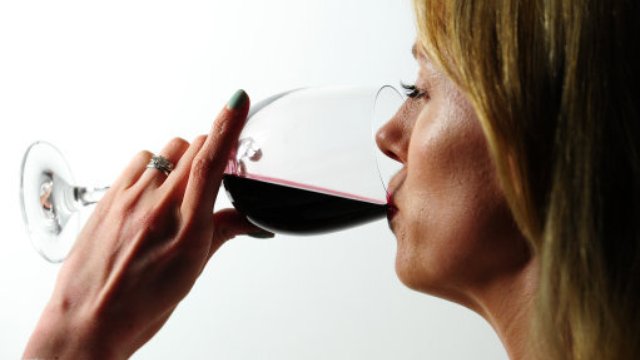Women Drinkers Stigmatised By Media, Study Claims
28 December 2016, 11:25 | Updated: 28 December 2016, 11:31

Women who binge drink are portrayed more negatively by the media than men who do the same thing, according to a new study.
Researchers at the University of Glasgow and Glasgow Caledonian University have published a study in BMJ Open about how the media report women's and men's drinking habits.
The study analysed 308 articles published over two years in seven UK national newspapers and found women's binge drinking was given more coverage, despite men drinking more in reality.
It also found that as well as misrepresenting differences in the amount each gender drinks, articles depicted women's and men's binge drinking in different ways.
Academics say the articles typically linked women's binge drinking to impacts on personal appearance and presented them as haggard, vulnerable, socially transgressive and a burden to their male drinking companions.
Researchers suggest these portrayals could give readers an inaccurate understanding of what binge drinking is and what its effects are, and how to lower their own health risks.
Chris Patterson, from the public health sciences unit at the University of Glasgow, said: "Media coverage of women's binge drinking isn't just about health or public disorder; it also performs a moralising, paternalistic role, reflecting broader social expectations about women's public behaviour.
"As well as unfairly stigmatising women, media coverage of binge drinking is problematic in terms of communication information about a serious health issue to the public.
"Evidence suggests that the public view binge drinking as a masculine activity and statistics tell us that men do drink more than women in reality, but the media are depicting a different story."
Dr Carol Emslie, from the school of health and life sciences at Glasgow Caledonian University, added: ``In the UK, men still drink more than women and are more likely to die from alcohol-related causes.
"However, the media's disproportionate focus on women's drinking, including the headlines and images used, may lead the public to think that it is primarily young females who are the problem drinkers.
"Alcohol is more freely available, more affordable and more heavily marketed today than it has been for decades, and excessive drinking affects all sections of the population."






